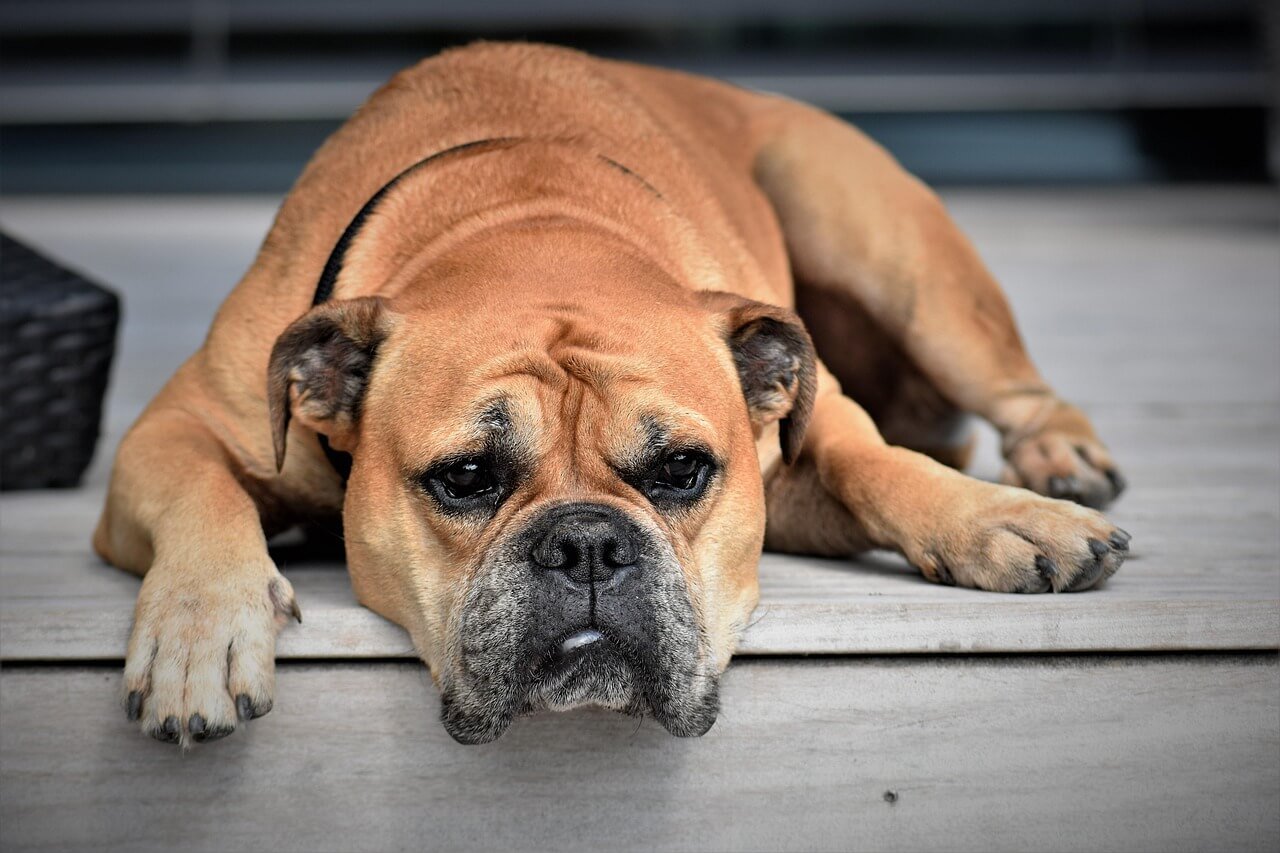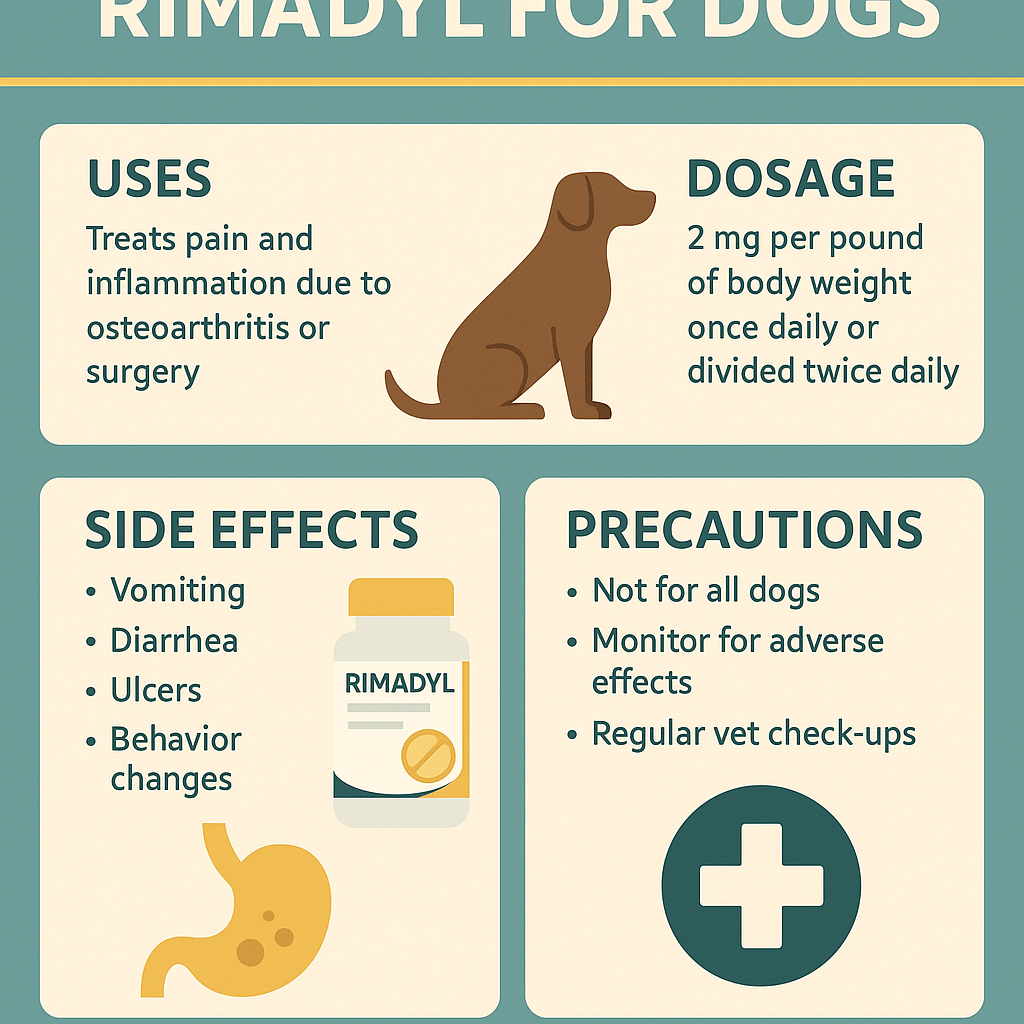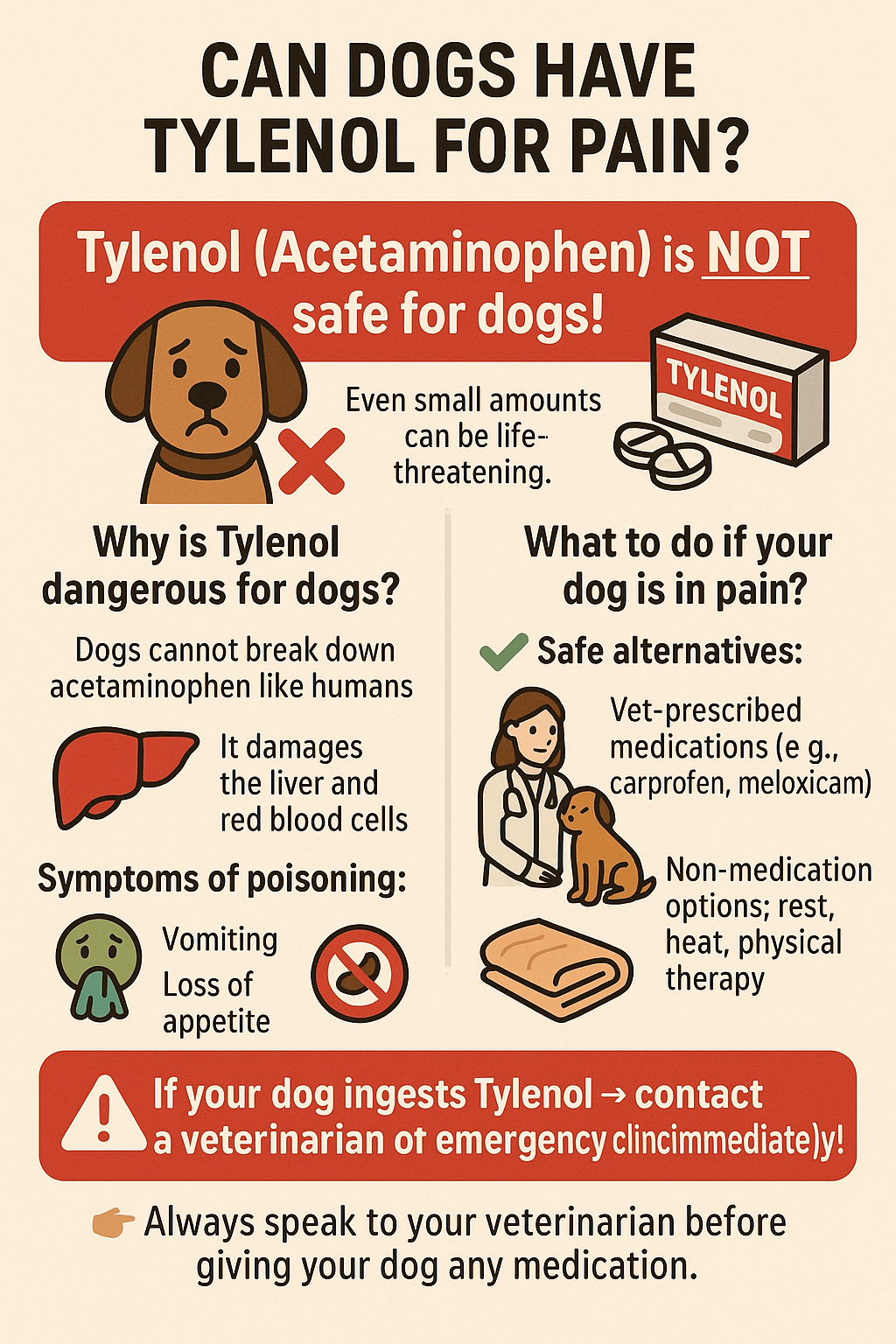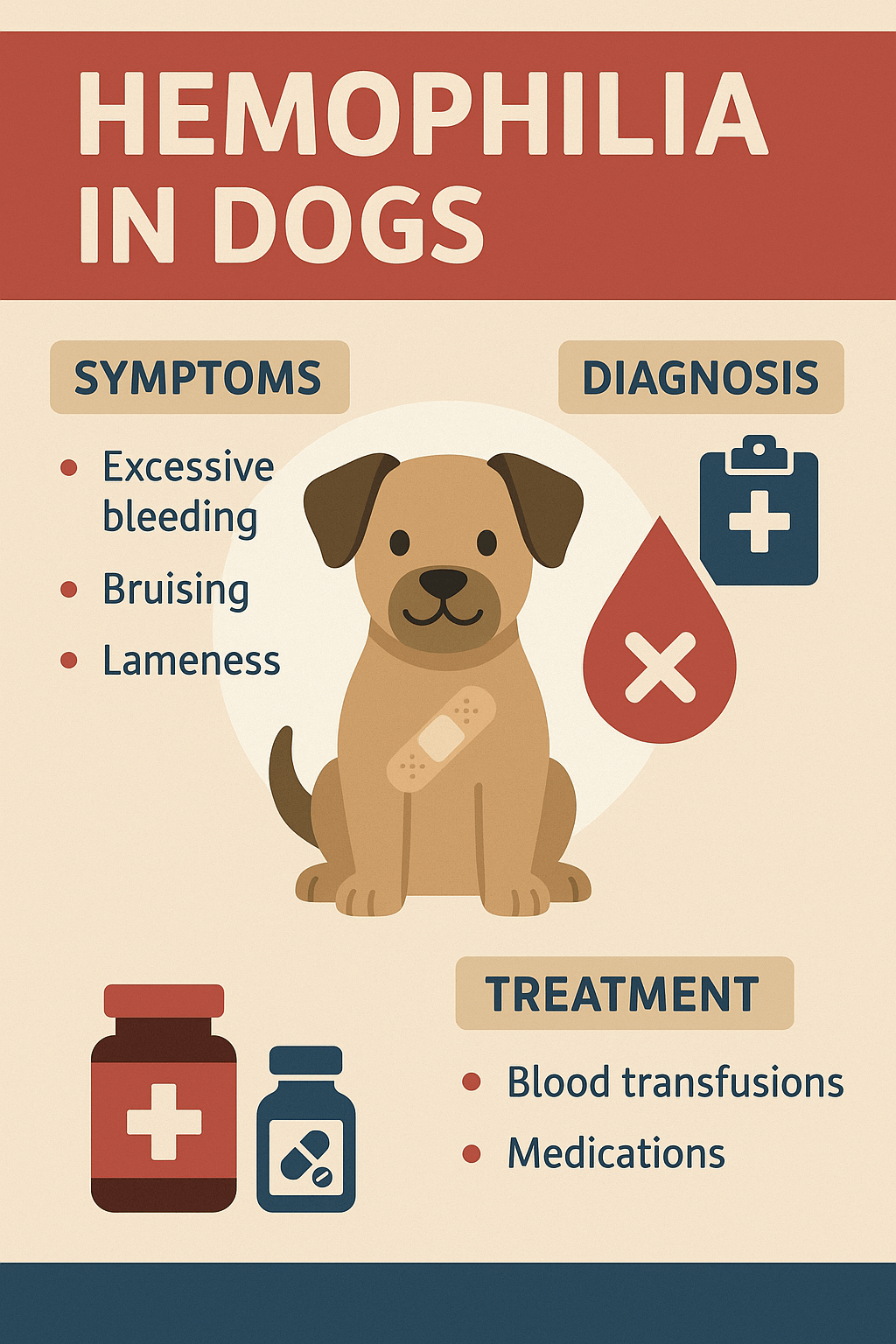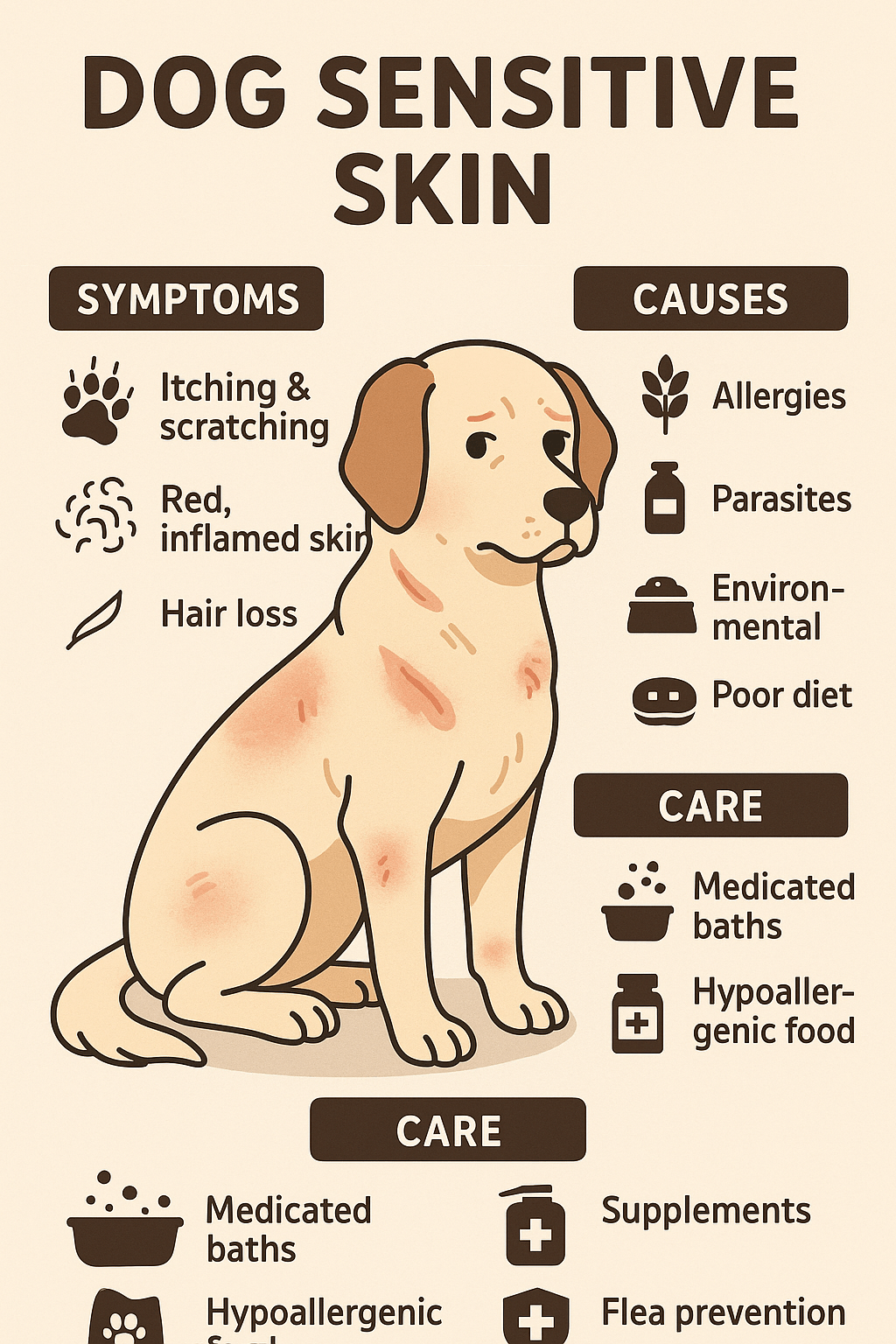What to Do If Your Dog Ate Hot Sauce: A Guide for Concerned Pet Owners
Dogs are naturally curious creatures, and sometimes their curiosity leads them to taste things they shouldn’t—like hot sauce. Whether it was a spilled bottle or a sneaky lick of your plate, discovering that your dog has eaten hot sauce can be alarming. While small amounts may not cause serious harm, certain ingredients in hot sauce can upset your dog’s stomach or even pose health risks. In this blog post, we’ll explore what happens when your dog eats hot sauce, how to assess the situation, and steps you can take to ensure their safety. By the end, you’ll feel prepared to handle this spicy mishap and prevent future incidents.
Why Is Hot Sauce Harmful to Dogs?
While an occasional lick of mild hot sauce might not be life-threatening, certain components in hot sauce can be harmful to dogs. Understanding these risks will help you determine the severity of the situation. Here’s why hot sauce can be problematic:
Capsaicin: The active ingredient in chili peppers that gives hot sauce its heat can irritate your dog’s mouth, throat, and digestive system.
High Sodium Content: Many hot sauces are loaded with salt, which can lead to sodium ion poisoning if consumed in large quantities.
Spices and Additives: Some hot sauces contain garlic, onion powder, or other spices that are toxic to dogs in significant amounts.
Acidic Ingredients: Vinegar or citrus-based components can upset your dog’s stomach and cause vomiting or diarrhea.
Potential Allergic Reactions: Some dogs may have sensitivities to certain ingredients, leading to adverse reactions.
If your dog has eaten hot sauce, it’s important to monitor them closely for signs of discomfort or distress. Even small amounts can cause irritation, so vigilance is key.
Signs Your Dog May Be Affected by Hot Sauce
After your dog eats hot sauce, there are several symptoms to watch for that indicate they may be experiencing discomfort or toxicity. Recognizing these signs early allows you to act quickly. Here’s what to look out for:
Excessive Drooling: Capsaicin can irritate your dog’s mouth, causing them to drool more than usual.
Vomiting or Diarrhea: Spicy or acidic ingredients may upset their stomach, leading to digestive issues.
Pawing at the Mouth: Your dog may try to relieve the burning sensation caused by the hot sauce.
Lethargy or Weakness: These symptoms could indicate dehydration or a more serious reaction to sodium or toxins.
Difficulty Breathing: In severe cases, irritation in the throat may cause labored breathing, requiring immediate attention.
If your dog shows any of these symptoms, especially difficulty breathing or persistent vomiting, contact your veterinarian right away. Early intervention can prevent complications.
Check this guide 👉What to Do If Your Dog Ate Dental Floss: Best 7 Tips!
Check this guide 👉What to Do If Your Dog Ate Matches: Best 7 Tips!
Check this guide 👉What to Do If Your Dog Ate Deodorant: Best 7 Expert Tips!
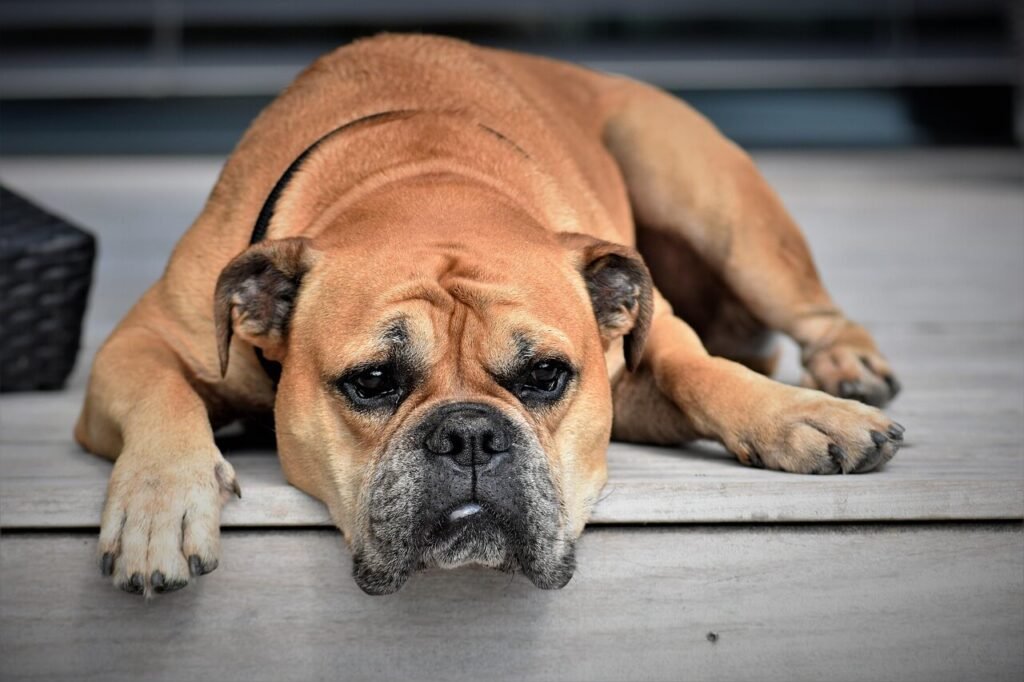
Symptoms to Watch For | Possible Cause |
|---|---|
Excessive drooling | Irritation from capsaicin |
Vomiting or diarrhea | Upset stomach due to spicy or acidic ingredients |
Pawing at the mouth or face | Burning sensation in the mouth |
Lethargy or weakness | Dehydration or sodium toxicity |
Difficulty breathing | Severe throat irritation or allergic reaction |
Steps to Take If Your Dog Ate Hot Sauce
If your dog has eaten hot sauce, staying calm and taking appropriate action is essential. Here’s what you should do to ensure their safety:
Assess the Amount Consumed: Determine how much hot sauce your dog ingested and check the ingredient list for harmful additives.
Offer Fresh Water: Provide plenty of fresh water to help dilute the hot sauce and soothe their mouth and stomach.
Monitor Their Behavior: Keep a close eye on your dog for signs of distress, such as vomiting, drooling, or lethargy.
Avoid Inducing Vomiting: Unless instructed by a vet, avoid making your dog vomit, as this could worsen irritation.
Contact Your Veterinarian: If your dog shows severe symptoms or consumed a large amount, consult your vet for professional advice.
Acting promptly and responsibly ensures your dog stays safe and healthy. Most cases resolve without issue, but vigilance is key.
How to Prevent Your Dog from Eating Hot Sauce
Preventing your dog from eating hot sauce in the first place is the best way to avoid potential problems. Here are some practical tips to keep your pup safe:
Store Hot Sauce Safely: Keep bottles of hot sauce out of reach, preferably in closed cabinets or high shelves.
Supervise Mealtime: Avoid leaving spicy foods unattended where your dog can access them.
Train Basic Commands: Teach commands like “leave it” or “drop it” to stop your dog from eating forbidden items.
Use Pet-Proof Trash Cans: Dispose of leftover food or hot sauce containers in secure bins to prevent scavenging.
Be Mindful of Shared Plates: Avoid feeding your dog table scraps, especially if they contain spicy or seasoned foods.
By implementing these strategies, you can minimize the chances of your dog snacking on hot sauce again. Prevention is always better than dealing with the aftermath.
Signs Your Dog is Sensitive to Spicy Foods
Not all dogs react the same way to spicy foods like hot sauce, but some may be more sensitive than others. Recognizing signs of sensitivity can help you determine whether your dog needs immediate care or just a little extra attention. Here’s what to look for:
Increased Salivation: Excessive drooling is a common reaction to the burning sensation caused by capsaicin.
Whining or Vocalizing: Dogs may whine or whimper if they’re experiencing discomfort or pain from the spice.
Refusal to Eat: A sudden loss of appetite could indicate that their stomach is upset or irritated.
Redness Around the Mouth: Visible irritation around the lips or gums may suggest an allergic or adverse reaction.
Restlessness or Pacing: Dogs in discomfort may exhibit restless behavior as they try to cope with the irritation.
If you notice these signs, it’s important to monitor your dog closely and consult a vet if symptoms persist. Understanding their sensitivity can help you prevent future incidents.
Safe Alternatives to Spicy Foods for Dogs
If your dog enjoys exploring new flavors, there are plenty of safe and healthy alternatives to spicy foods that won’t harm them. Offering these options ensures your pup gets to enjoy variety without the risks associated with hot sauce. Here are some dog-friendly flavor enhancers:
Plain Pumpkin Puree: Adds a hint of sweetness and is great for digestion.
Unseasoned Cooked Vegetables: Carrots, green beans, or sweet potatoes make tasty and nutritious snacks.
Peanut Butter (Xylitol-Free): A small dollop of peanut butter can satisfy cravings for bold flavors.
Plain Yogurt: Provides probiotics for gut health and a creamy texture dogs love.
Boiled Chicken or Turkey: Plain, unseasoned lean meats are a safe and savory treat.
By offering these alternatives, you can keep mealtime exciting while ensuring your dog stays safe and healthy. Always avoid anything spicy or seasoned to protect their delicate systems.
How to Train Your Dog to Avoid Spicy Foods
Training your dog to avoid spicy foods like hot sauce is an essential step in preventing accidental ingestion. With consistent practice, you can teach your dog to resist temptation and stay away from harmful items. Here are some effective training tips:
Teach the “Leave It” Command: Use treats to reinforce the behavior of ignoring items on the ground or table.
Practice Impulse Control: Work on exercises like waiting for permission before eating to build patience and discipline.
Reward Good Behavior: Praise and reward your dog when they successfully ignore or avoid spicy foods.
Use Positive Reinforcement: Avoid scolding; instead, focus on rewarding desired actions to encourage long-term learning.
Simulate Real-Life Scenarios: Place harmless items on the floor and practice commands to prepare them for real-world situations.
With patience and consistency, you can train your dog to steer clear of spicy foods and other dangerous items. Proper training not only keeps them safe but also strengthens your bond.
Frequently Asked Questions About Dogs Eating Hot Sauce
Is it dangerous if my dog ate hot sauce?
Small amounts may cause mild irritation, but large quantities or toxic ingredients can be harmful. Monitor your dog closely.
What should I do if my dog ate a lot of hot sauce?
Contact your veterinarian immediately, especially if the hot sauce contains garlic, onion, or excessive salt.
Can hot sauce kill my dog?
In extreme cases, sodium poisoning or severe allergic reactions can be life-threatening, but most incidents are mild.
How can I soothe my dog’s mouth after eating hot sauce?
Offer fresh water, plain yogurt, or milk to neutralize the spice and provide comfort.
When should I take my dog to the vet?
Seek veterinary care if your dog shows signs of severe distress, such as vomiting, difficulty breathing, or lethargy.
In Conclusion: Keeping Your Dog Safe from Spicy Mishaps
Discovering that your dog ate hot sauce can be stressful, but in most cases, it’s manageable with prompt action and careful monitoring. By understanding the potential risks, recognizing symptoms, and taking preventive measures, you can ensure your dog stays healthy and happy. Remember, dogs will always be curious, and part of being a responsible pet owner is keeping harmful substances out of their reach. If you ever feel unsure about your dog’s condition after such an incident, don’t hesitate to reach out to your veterinarian for guidance. With a little vigilance and care, you can keep your furry friend safe from spicy surprises.
Rimadyl for Dogs: Best 7 Expert Tips! Discover expert advice on using Rimadyl safely, managing pain, and improving your dog’s mobility with trusted veterinary insights.
Can Dogs Have Tylenol for Pain? Best 7 Expert Tips! Discover the risks, safe alternatives, and expert advice on managing your dog’s pain effectively while avoiding harmful medications.
Understanding Hemophilia in Dogs: Best 7 Expert Tips! Discover expert advice on managing hemophilia, recognizing symptoms, and ensuring your dog’s well-being with practical care strategies.
Understanding Dog Sensitive Skin: Best 7 Expert Tips! Discover expert advice on managing dog sensitive skin, relieving irritation, and improving your pup’s comfort with practical solutions.

